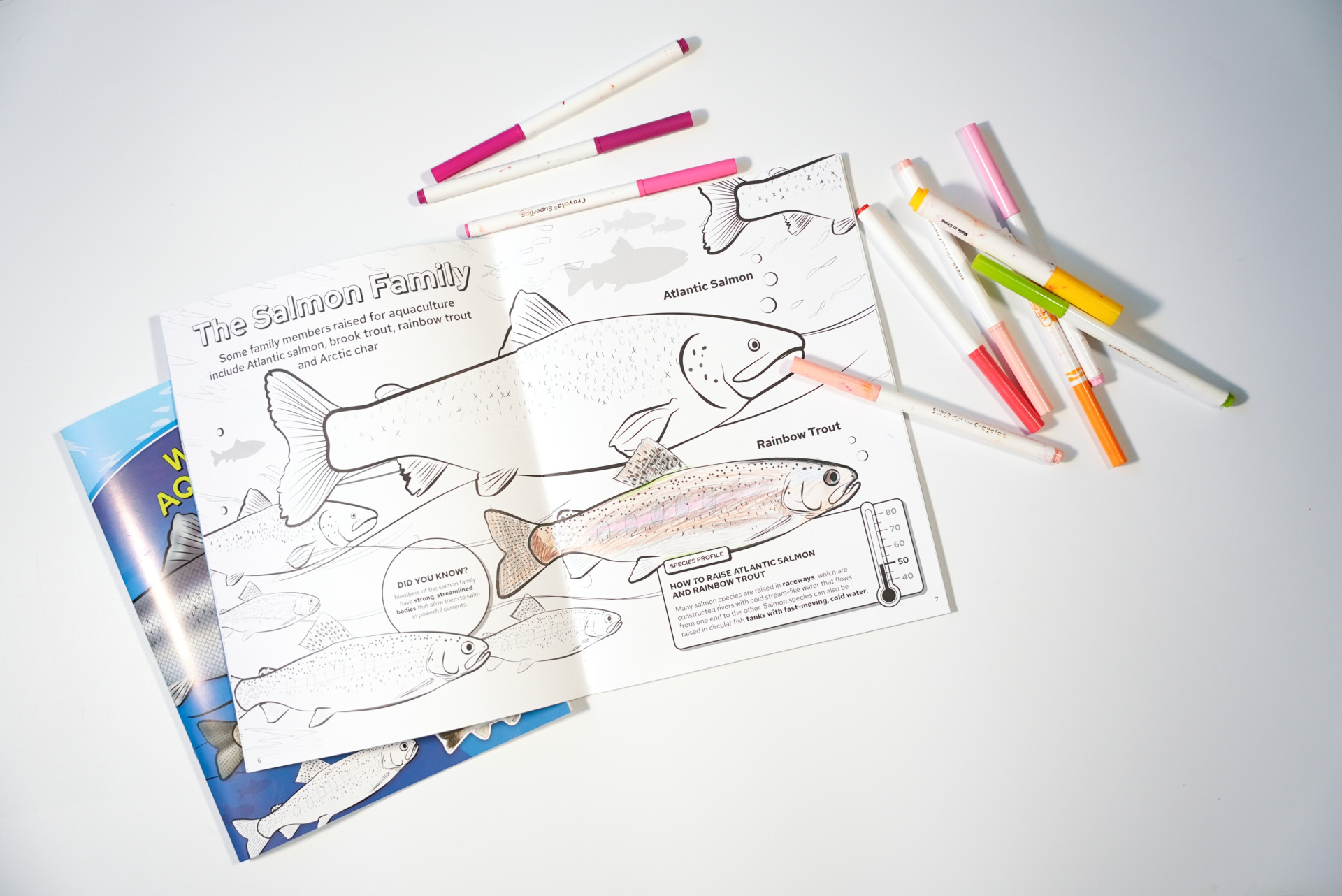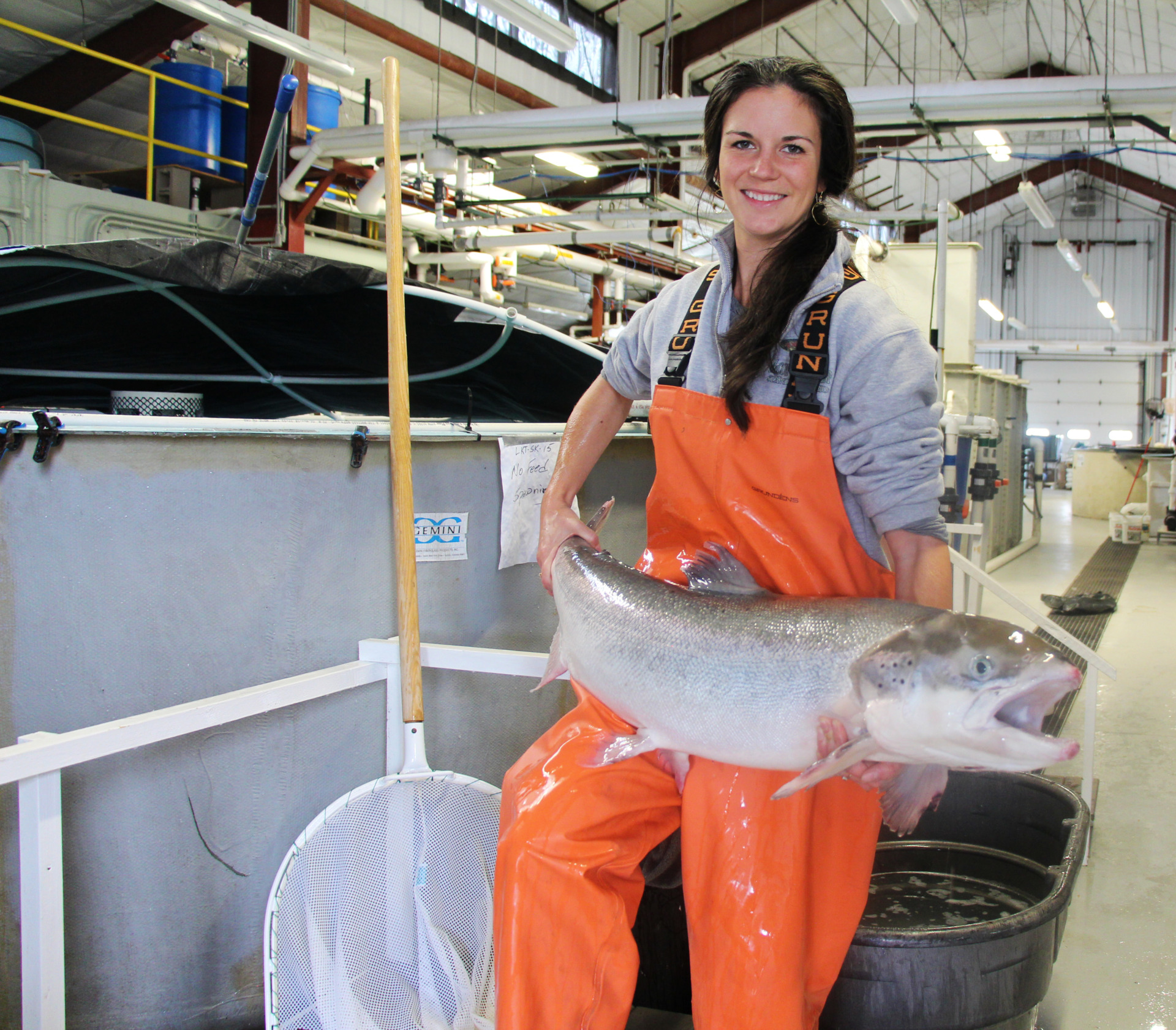University of Wisconsin-Madison Graduate School Dean Martin Cadwallader today announced the appointment of James P. Hurley as the new director of the Aquatic Sciences Center, effective May 1.
The Aquatic Sciences Center (ASC), housed in the Graduate School, is the administrative home of two federal-state programs—the Sea Grant Institute and Water Resources Institute. The institutes support research, education and outreach to protect and sustainably use Wisconsin’s 1.2 quadrillion gallons of groundwater and 6.4 million acres of Lakes Michigan and Superior.
Both institutes have a long history in this state, UW Sea Grant for 43 years and the Water Resources Institute for 27. In 1999, the ASC was established, linking the complementary programs and ensuring top-notch research that has, for example, prompted the World Health Organization and the U.S. Environmental Protection Agency to formulate new policies in aquatic ecosystem management.
Hurley is returning to the center after just over a year as the director of the Environmental Health Division of the State Lab of Hygiene. Hurley was at ASC from 1998 to 2010, filling the role of assistant director for research and outreach at the time of his departure. Now, he said, “I’m excited to be back. I had developed such a great network of people in Wisconsin and beyond during the years I was here before. You don’t always realize how lucky you are to work with these talented people until you’re disconnected from them.”
Dean Cadwallader said, “Jim has an excellent, relevant background that makes him perfectly qualified for the job. His intimate knowledge of the Aquatic Sciences program, its mission and staff means he’ll hit the ground running and help enhance the status of a program that already enjoys an unparalleled international reputation.”
Hurley said he valued his year with the hygiene lab. In particular, it reinforced his recognition that environmental and public health issues are linked, a perspective he intends to redouble at ASC.
The lab position also led to his appointment as a faculty member in the UW-Madison Department of Civil and Environmental Engineering. Hurley started teaching and formed a research group with new graduate students. At ASC, Hurley hopes to increase the visibility and opportunities for institute-funded graduate students. “I’d like to have them interact more with our staff, but also with each other and with researchers from other Wisconsin research programs.” He continued, “After all, the students are why we’re all here.”
Hurley holds a Ph.D. in Water Chemistry from the University of Wisconsin-Madison. He has worked extensively on the impact of mercury in northern Wisconsin lakes, the Great Lakes and the Everglades. Hurley chaired several regional and national Sea Grant committees and was a member of the U.S. Environmental Protection Agency Science Advisory Board, which developed a risk assessment for U.S. mercury emissions in 2011.
In addition to his director position, Hurley will hold a 25 percent faculty appointment.
Hurley will take over the center from longtime director Anders Andren, who will work through a transition period and depart on June 30.
Wisconsin Sea Grant is one of 32 programs nationwide and is the first in the Great Lakes region. The Sea Grant network is part of the National Oceanic and Atmospheric Administration, U.S. Department of Commerce and is a university-based program in support of coastal resource use and conservation. Since its inception, UW Sea Grant has funded more than $120 million in grants that have supported more than 750 projects on topics such as microcontaminants and water quality, fishery and ecosystem dynamics, and estuarine systems and management.
The Wisconsin Water Resources Institute (wri.wisc.edu) is one of 54 university-based programs dedicated to solving state, regional and national water resource problems. The network is part of the U.S. Geological Survey, U.S. Department of the Interior. The UW Water Resources Institute supports an average of 10 projects annually on water quality, wastewater treatment and disposal, pollution and public health.





